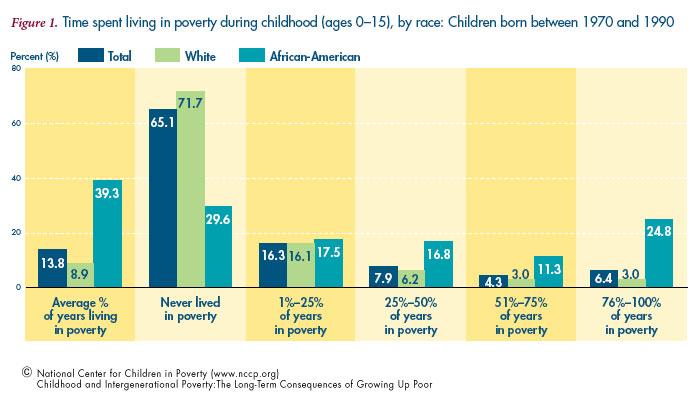Understanding Intergenerational Poverty
Intergenerational poverty refers to the cycle in which poverty is transmitted from one generation to another. This form of poverty persists because children raised in low-income families often lack access to necessary resources. As a result, they may struggle to break free from the cycle.
Factors Contributing to Intergenerational Poverty
Multiple factors contribute to intergenerational poverty, including economic circumstances, education, and social networks. Families living in poverty often have limited access to quality education, which can perpetuate the cycle. Without educational opportunities, children are more likely to remain unemployed or underemployed in adulthood.
The Role of Education
Education is a critical factor in breaking the cycle of poverty. Higher educational attainment often leads to better job prospects and higher wages. Unfortunately, children in impoverished families may not receive the support they need to succeed academically.
Impact on Children
Children living in intergenerational poverty face numerous challenges. They are more likely to experience food insecurity, inadequate healthcare, and unstable housing. Such factors can lead to long-term developmental issues that affect their overall well-being.
Psychological Effects
The psychological implications of intergenerational poverty are significant. Children may grow up with feelings of hopelessness and low self-esteem, which can hinder their aspirations. These mental health challenges can further perpetuate the cycle of poverty into adulthood.
Breaking the Cycle
Breaking the cycle of intergenerational poverty requires targeted interventions. Programs that provide access to education and job training can empower low-income families. Additionally, social services that focus on mental and physical health can help address the unique challenges faced by these families.
The Importance of Community Support
Community support plays a vital role in combating intergenerational poverty. Local organizations and community programs can provide essential resources and assistance. By fostering an environment of support, we can help families break free from the cycle of poverty.
Conclusion
intergenerational poverty is a complex issue that affects millions of families worldwide. To make a lasting impact, we must understand the factors that contribute to this cycle and work towards comprehensive solutions. For more information on this topic, visit The Borgen Project.

